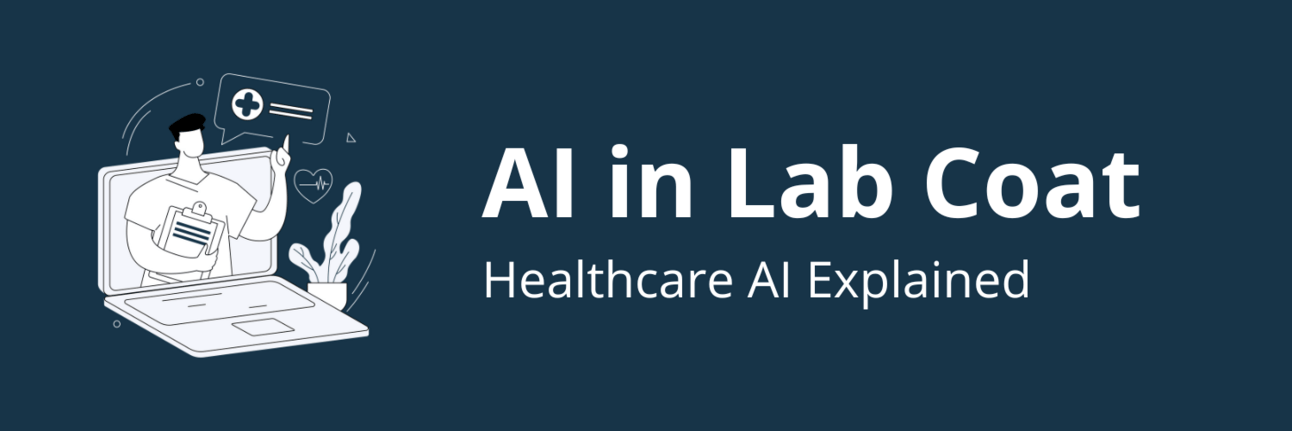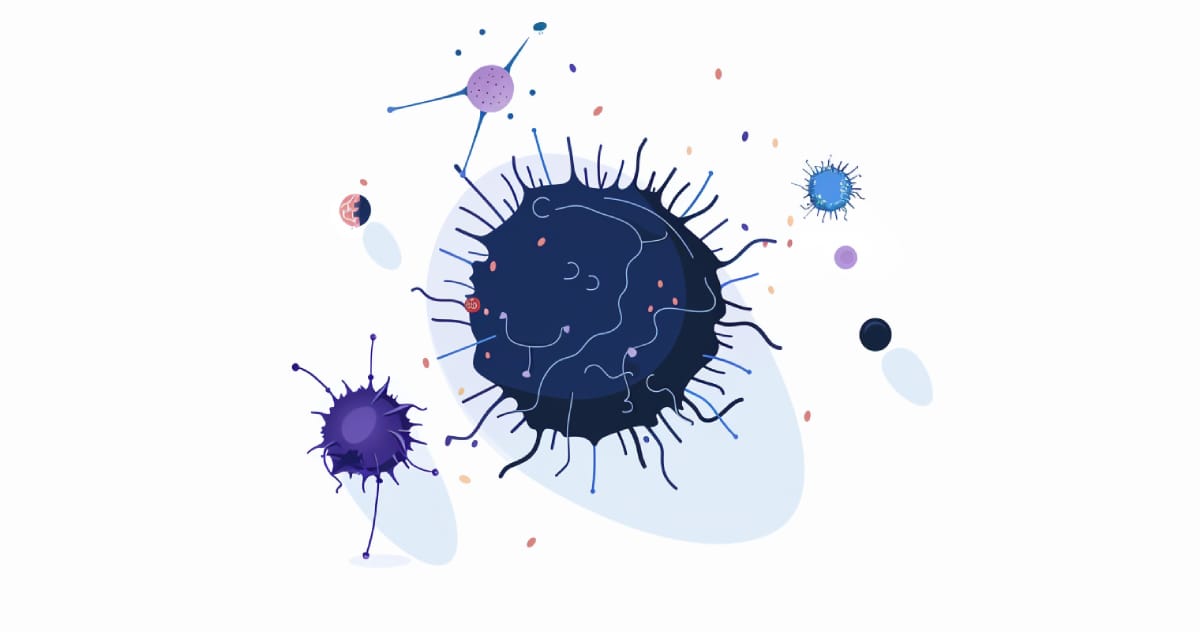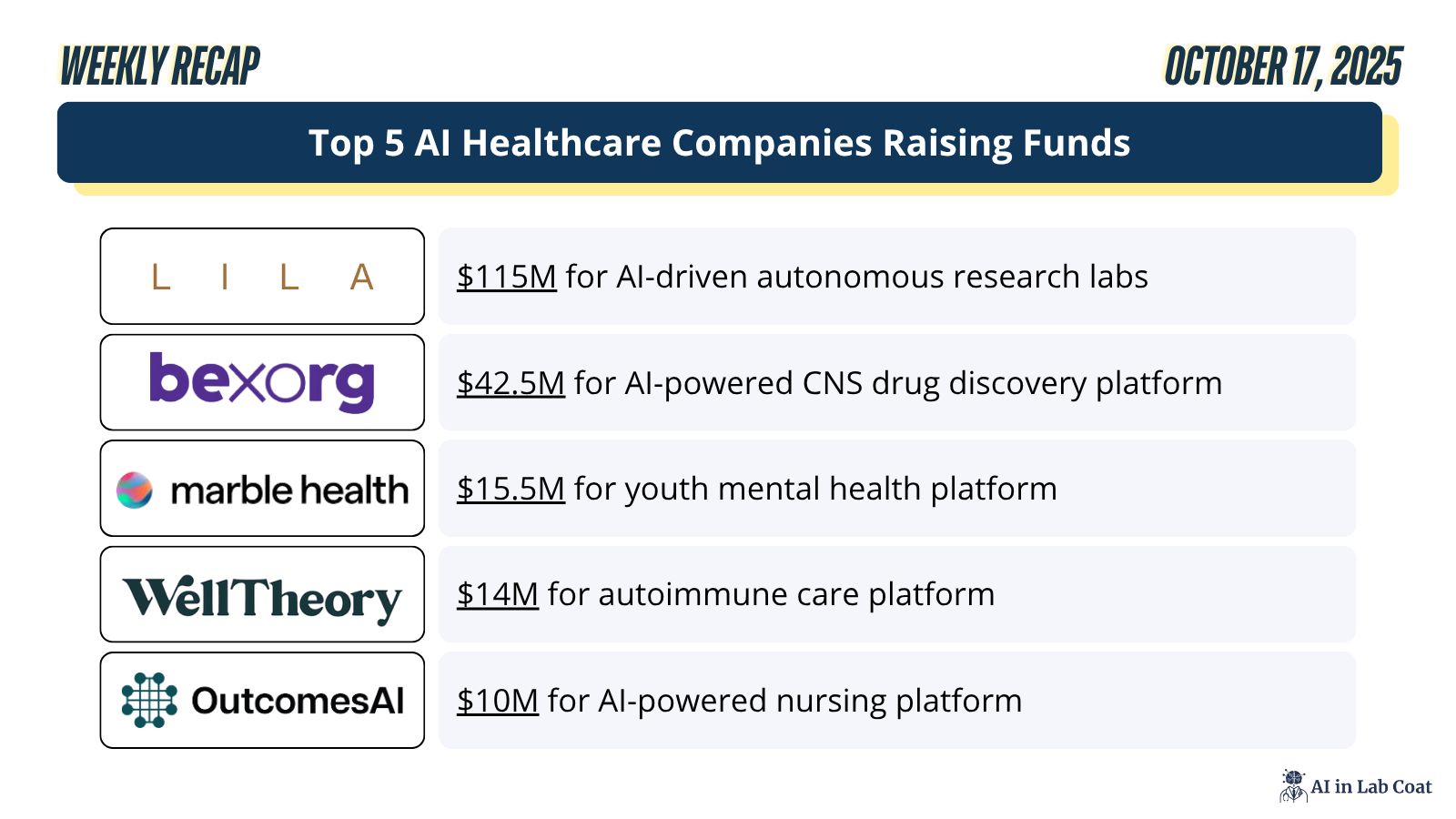
Happy Friday! It’s October 17th.
A quick note before we dive in. Last week’s feature research link was incorrect (sorry about that!). You can now find the correct link at the bottom of this issue.
Also, exciting news, our State of Healthcare AI snapshot report is back! We used to publish it monthly, but those snapshots felt too narrow. Now it’s quarterly, which means we get to capture bigger funding datasets, see clearer trends, and have a better view of how healthcare AI is actually evolving.
It’s being put together right now, covering global startup funding, policies, and the hidden patterns shaping the field. Keep an eye out, it’s coming soon!
Our picks for the week:
Featured Research: When AI Thinks Like a Biologist
Policy: New Italian AI Law Now Active
Read Time: 3.5 minutes
FEATURED RESEARCH
Google DeepMind’s Cell2Sentence Model Makes a Surprising Cancer Discovery

Most AI in biology today feels incremental, improving speed or accuracy but rarely creating something new. This time, it did…
Google DeepMind and Yale University have released Cell2Sentence-Scale 27B, or C2S-Scale, a 27-billion-parameter foundation model built to understand single-cell biology. It is the largest model of its kind, trained on 50 million cells and over a billion biological data tokens.
How it worked: The research team gave the model a challenge: find a drug that could “heat up” cold tumors, cancers that evade the immune system by hiding their surface signals. Using a dual-context screen that compared immune-active and immune-neutral environments, C2S-Scale simulated the response of 4,000 drugs across both conditions.
One prediction stood out. The model identified silmitasertib, a CK2 inhibitor not previously linked to immune signaling. It suggested that combining silmitasertib with low-dose interferon could enhance antigen presentation, making tumors more visible to immune cells.
In the lab, the prediction proved right. Human neuroendocrine cells treated with the combination showed roughly a 50 percent increase in antigen presentation. Smaller models failed to detect this context-dependent effect.
Why this matters: This is the first experimental evidence that a large single-cell AI model can generate a new, testable hypothesis in cancer biology. It shifts AI from analyzing biology to discovering it.
Next steps: Yale researchers are now investigating the biological mechanism and testing additional hypotheses predicted by the model. DeepMind has released C2S-Scale for the research community, opening the door for AI to uncover more of life’s unseen logic.
For more details: Full Article (Research article in Press Release)
Brain Booster
Which type of immune cell is primarily responsible for recognizing and killing cancer cells through the detection of abnormal antigen presentation?
Select the right answer! (See explanation below and source)
What Caught My Eye
POLICY
Italy Becomes One of the First EU Members to Implement a Domestic AI Governance Framework
Italy’s new Law No. 132/2025 on Artificial Intelligence took effect earlier this week on October 10. Adopted on September 23, the law complements the EU AI Act and sets national rules for how AI can be used in workplaces, healthcare, research, and finance.
Employers must now disclose when AI tools are used, explain their logic and data, and engage unions in oversight. In healthcare and research, the law allows AI-based data processing for public-interest studies, authorizing pseudonymization and synthetic data under privacy safeguards.
Patients must be informed when AI assists in diagnosis or treatment, and doctors remain responsible for final decisions.
The law also introduces penalties for crimes committed with AI, including deepfake misuse, and instructs the government to issue new decrees within 12 months governing AI use in banking and insurance.
With this move, Italy becomes one of the first EU countries to create a comprehensive domestic AI framework aligned with European law.
For more details: Full Article
Top Funded Startups

Byte-Sized Break
📢 Other Happenings in Healthcare AI
For the first time in Europe, TUM researchers implanted a brain-computer interface in a quadriplegic patient to enable AI-based control of devices like smartphones and robotic arms using only brain signals. [Link]
California Governor Newsom signed AB 489 into law, banning AI systems from misrepresenting themselves as licensed medical professionals, in a CMA-backed move to protect patient safety and uphold medical trust. [Link]
Lapsi Health launched Keikku 2.0, the first FDA-cleared digital stethoscope with an integrated AI scribe and diagnostic tools, streamlining documentation and real-time auscultation for clinicians. [Link]
RESEARCH FROM LAST WEEK (Sorry!): Study found that medical AI models like GPT-4 and Llama can be easily manipulated through prompt attacks or poisoned training data, leading to unsafe treatment recommendations. [Link]
Have a Great Weekend!

❤️ Help us create something you'll love—tell us what matters!
💬 We read all of your replies, comments, and questions.
👉 See you all next week! - Bauris
Trivia Answer: C) Natural Killer cells
Natural Killer cells are part of the innate immune system and can detect and destroy cells that lack normal MHC (major histocompatibility complex) class I molecules, which is a common feature of many cancer cells. This allows them to target tumors even without prior sensitization. [Source]


